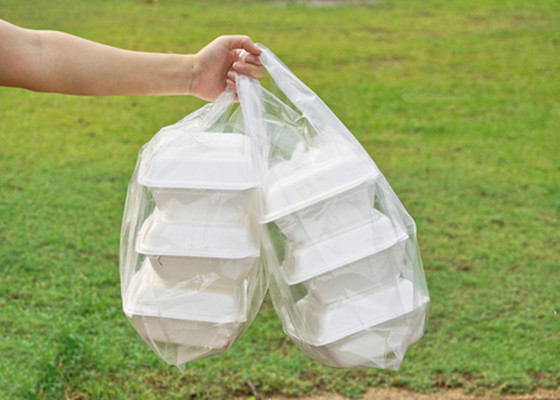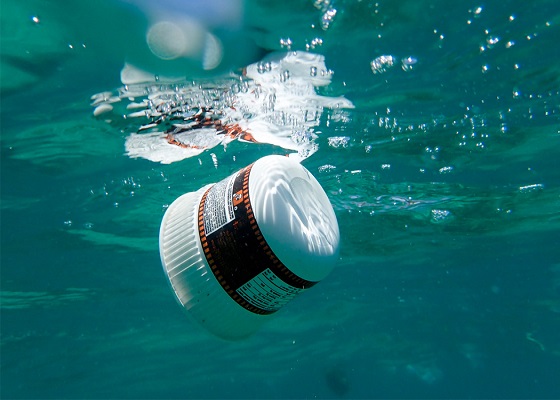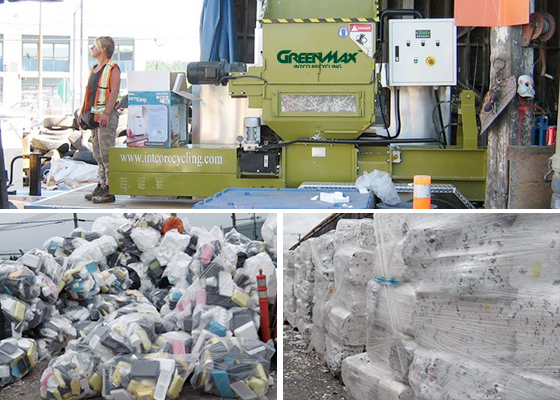Complete Recycling Closed-Loop: GREENMAX Recycles PSP Food Containers with Zero Emission
What is PSP?
Many people know EPS (Expanded polystyrene), but they don't know much about PSP. In fact, PSP is the abbreviation of Polystyrene Paper. It is another kind of plastic produced by the extrusion process. The unique production process makes the obtained material stretch and rolls up like a paper roll. So this is why this material is often called "polystyrene paper".

Because of the characteristics of this material, you can easily find that PSP material is widely used in food packaging or beverage packagings, such as food trays, beverage cups, and food boxes. Due to the limitation of its application scope, PSP waste mainly come from food places and drinking places.
PSP recycling
For a long time, the recycling of PSP catering containers has been a difficult problem in foam recycling. Although many foam recycling events are often held to collect various types of foam in the USA, it is stipulated in the activities that they only accept clean materials.

The post-use PSP food container has food and liquid residues on the surface, which does not meet the requirements of events. Is it for this reason that PSP food containers can only be sent to the landfill instead of being effectively recycled?
The recycling program of GREENMAX tailored for food containers will tell you that PSP food container recycling is entirely achievable.
Physical method to recycle PSP
GREENMAX, a well-known brand of INTCO Recycling, has enjoyed a high reputation globally, specializing in foam recycling equipment. For PSP food containers, the unique physical recycling method of GREENMAX can completely recycle them. Physical recycling is based on its recycling equipment, foam compactor, and combines the comminution, cleaning, compression, and granulation of PSP.

After crushing and cleaning, the food residue on its surface is washed away and then compressed by its own recycling equipment. The original waste PSP food container can be compressed into compact PSP blocks in the proportion of 50:1, and then made into plastic particles by granulation equipment, recycling and reuse of waste are completed.
It can be said that the recycling system of GREENMAX can completely solve the recycling problem of PSP dinner plates. The original PSP container is a one-way street, from being produced, used to discard. Now GREENMAX designs complete recycling closed loop for it.
